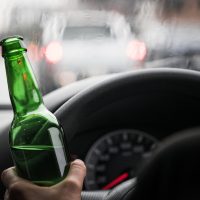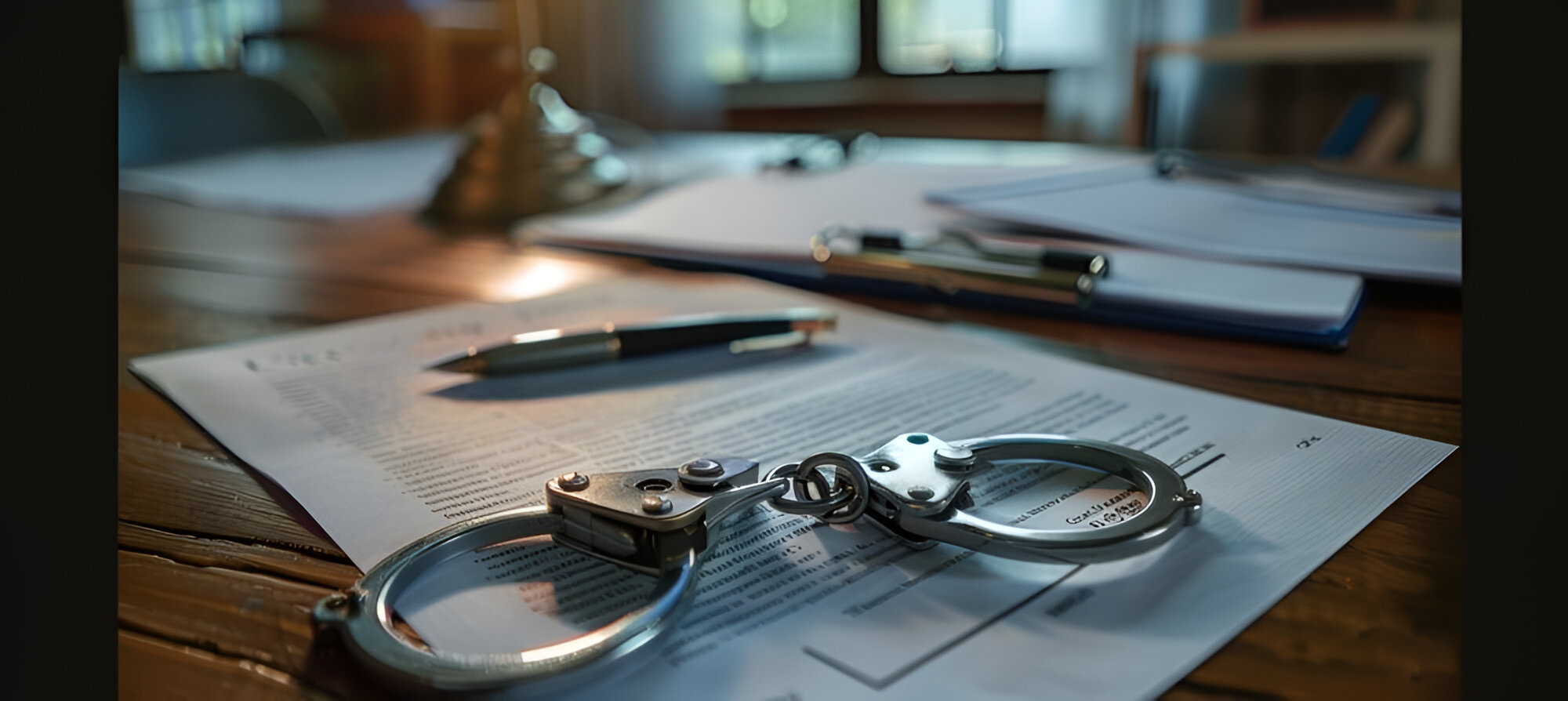A controlled substance DUI charge involves the use and abuse of scheduled drugs before getting behind the wheel. Driving under the influence of controlled substances such as heroin or cocaine can lead to serious penalties, including jail time, fines, and a loss of driving privileges.
Charges for using such substances and driving can permanently stay on your record. You can fight DUI charges involving controlled substances but doing so requires an investigation of the circumstances surrounding when, where, and how you were charged.
Understanding Controlled Substance Charges
According to the National Highway Traffic Safety Administration (NHTSA), driving under the influence is illegal everywhere in the United States. Driving while impaired—whether by legal or illegal drugs, medications, or other substances—puts you and others in harm’s way, which is why controlled substance laws and penalties are so strict.
Controlled substance charges are similar to drinking and driving charges. Unlike with alcohol, however, there is generally no specific measure for how much of a controlled substance a driver must have used to face criminal charges. Using any amount of certain controlled substances before getting behind the wheel can lead to a DUI charge if it impairs your driving, even for medications that you legally received via a doctor’s prescription.
Due to the way controlled substance laws are interpreted and applied, many people face arrests, charges, and even convictions for controlled substance DUIs despite not being under the influence of the drug at the time of their arrest.
Pennsylvania Drug Schedules
In Pennsylvania, the Pennsylvania Department of Health’s Controlled Substance, Drugs, Device, and Cosmetic Act uses Schedules I to III to classify controlled substances:
- Schedule I includes drugs that have a high propensity of being abused and generally have no medical applications, such as heroin and hallucinogens.
- Schedule II includes drugs with a high propensity for abuse, though they tend to have certain medical uses. Schedule II includes drugs such as cocaine and methamphetamines.
- Schedule III includes drugs that do not have a high propensity for abuse and are known to have medical applications, such as steroids.
You cannot drive with any amount of Schedule I drugs in your system. For Schedule II or Schedule III drugs, you can drive as long as you have a valid prescription and you do not have any metabolites in your system within two hours of driving.
Fighting Controlled Substance DUI Charges
Being charged with a DUI because of a controlled substance can be tricky, since the prosecution may have to show that you were driving while impaired. However, since metabolites can remain in your bloodstream for a long time, a simple blood test may inadvertently serve as proof of drug use even if you were not impaired by drugs while driving.
As per 75 Pa. C.S.A. § 1547A, anyone driving in Pennsylvania is assumed to have given the state their consent to undergo breath, blood, and/or urine tests for determining the presence or absence of controlled substances in the body while driving. If you refuse a test, you can face a license suspension for between six and 18 months.
Law enforcement officers are allowed to set up sobriety checkpoints to combat driving under the influence. Although sufficient communication of checkpoints via roadblocks, newspaper ads, and signs are required, checkpoints must be set up in areas where DUI incidents and arrests are common. A checkpoint in a low-incidence area may serve as grounds for fighting charges received in such an area. Also, stopping or arresting a driver who takes a legal U-turn to avoid a checkpoint is not legal.
Furthermore, simple breath tests may indicate the presence of drugs in a person’s body, but they typically do not prove how much of a controlled substance a person has used. As such, in the absence of a chemical or blood test, you may be able to overturn a DUI charge that was based on a simple breath test.
Finally, you can fight a controlled substance charge by arguing that your arresting officer did not have grounds or just cause for stopping or checking you. If you were randomly targeted, stopped, and subsequently charged with a DUI, you can potentially dismiss your charges if you can show that your arrest was unconstitutional.
Penalties and Charges
Depending on the type or class of drugs in question, whether you are a first-time or a repeat offender, and whether you were involved in an accident and caused property damage or bodily injuries while driving, you can face a wide range of charges, including:
- The mandatory use of an ignition interlock device
- Having your license suspended
- Forfeiting your vehicle
- Jail time
- Fines
- Mandatory treatment and rehabilitation
These charges come with a permanent mark on your record. If you are innocent, you should fight the charges you face to avoid hefty fines, a potential loss of driving privileges, and the long-term implications of having a tarnished driving record.
Contact Us Today
Contact the McKenzie Law Firm, P.C. today at (610) 991-7219 for assistance with a DUI charge related to a controlled substance in Blue Bell. We understand the law and know how to fight DUI charges. Our team will work with you to have your charges lessened or dismissed based on the strength of your case. Contact us today to learn about formally engaging our practice for legal representation.





